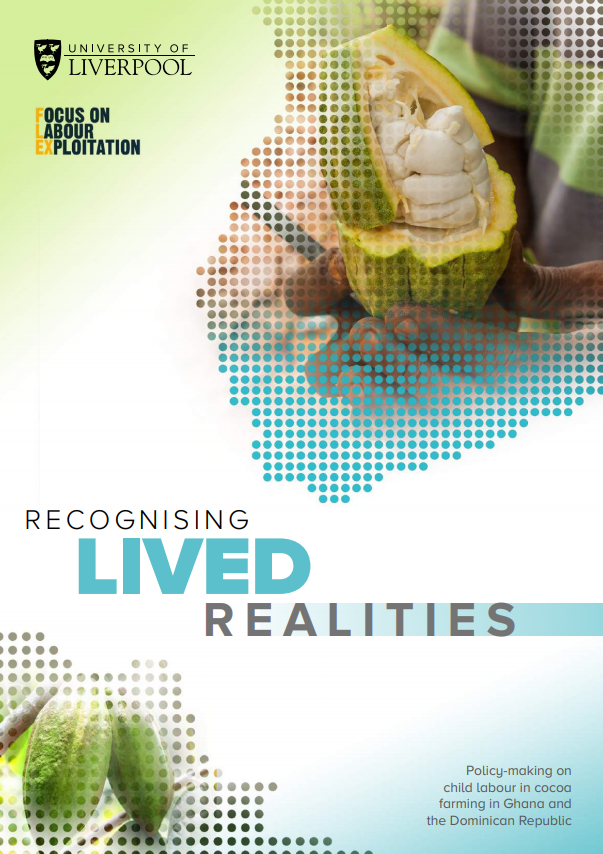Disposable Workers the Future of the UK’s Migrant Workforce
PublicationsGovernment plans for two temporary migration programmes to bring workers to the UK after Brexit present significant risks of labour abuse and exploitation, including human trafficking. This briefing describes the two proposed programmes, explains th...Read More

